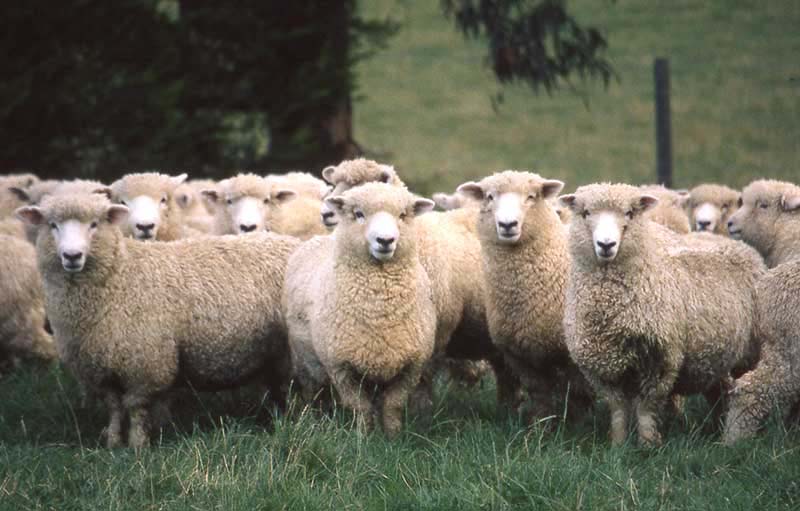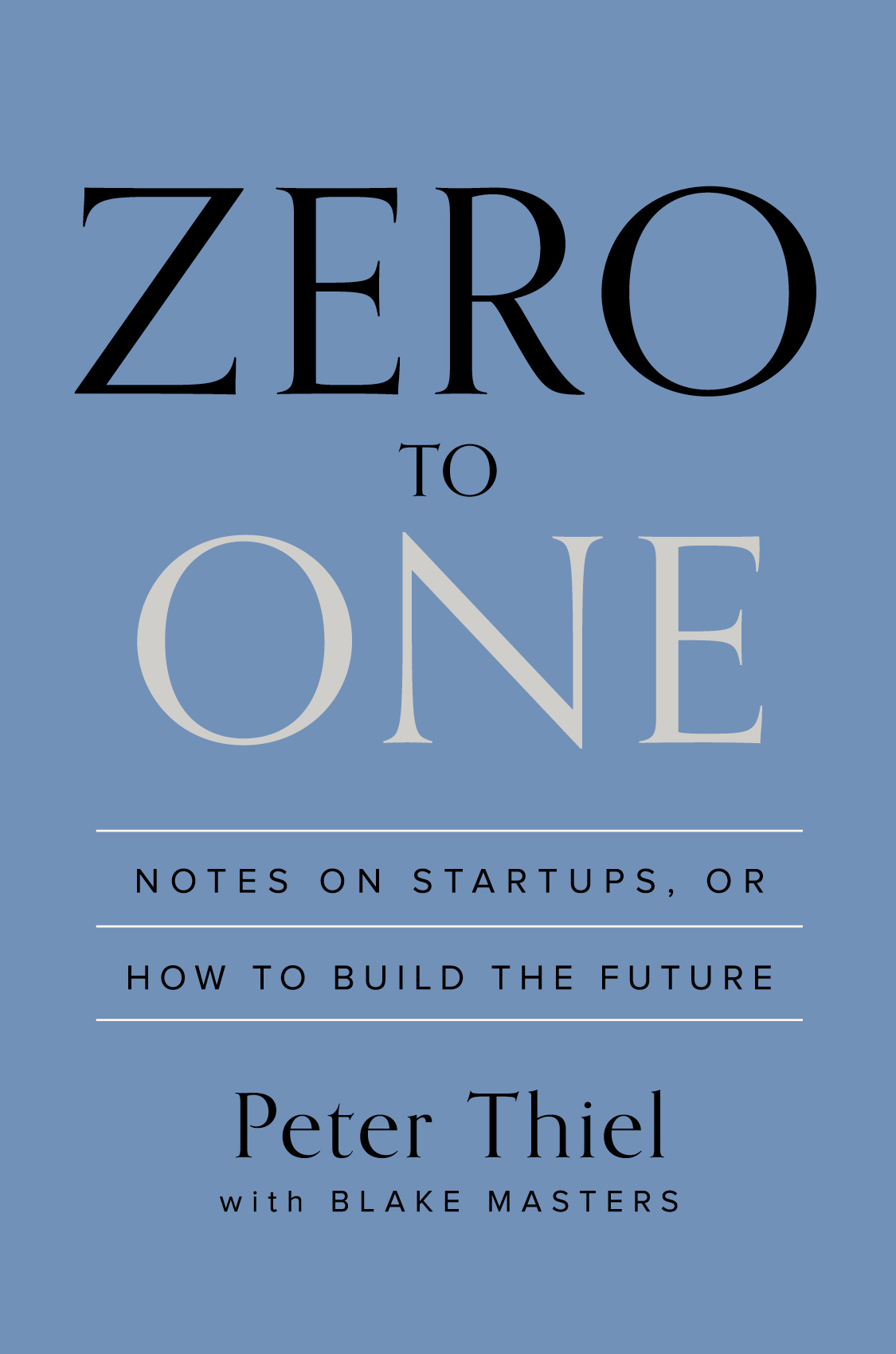
Conformity is a disease plaguing Ivy League schools gripe
William Deresiewicz and Peter Thiel. In
his New Republic article, “Don’t Send
Your Kids to the Ivy League,” Deresiewicz argues that elite colleges have
failed in their mission of teaching young people “how to think,” and instead
exist as an extension of the obstacle course of achievement that high school
students faced to get there. Thiel argues in his new book Zero to One that elite colleges promote competition for the sake of
competition itself.
If conformity is the disease, then the symptom is the legions of Ivy League grads going into management consulting, Wall Street and corporate law firms. Students compete for markers of success. They “get into” Goldman the same way they got into Harvard. But once we “excellent sheep” run out of things to strive for, we find ourselves incomplete as people.
 Both Deresiewicz and Thiel recognize that this structure is
the product of larger societal forces at work. In an educational system that is
grade-based since elementary school, what are we supposed to in college but to
strive for an A by essentially spitting back a professor’s idea better than
everyone else? When college admissions depends on out-well rounding your peers,
we continue to strive for well roundedness in college. As Thiel puts it, you
can’t get into Stanford by just excelling in one thing—unless that thing is
throwing and catching a leather ball.
Both Deresiewicz and Thiel recognize that this structure is
the product of larger societal forces at work. In an educational system that is
grade-based since elementary school, what are we supposed to in college but to
strive for an A by essentially spitting back a professor’s idea better than
everyone else? When college admissions depends on out-well rounding your peers,
we continue to strive for well roundedness in college. As Thiel puts it, you
can’t get into Stanford by just excelling in one thing—unless that thing is
throwing and catching a leather ball.
Thiel also theorizes that elite colleges have come to teach
a worldview of “indefinite optimism” that drives students into the “process
oriented” fields of finance, law, and management consulting. Basically, indefinite optimists have a
positive view of the future, but are not sure how to get there. As a result, they optimize their positions by
keeping their options so they are ready for whatever good opportunities fall in
their laps in the future. In other
words, indefinite optimism promotes dilettantism. Thiel’s solution? Revert back
to “definite optimism.” The definite
optimist thinks the future is bright, and makes specific plans to ensure that. Thiel argues that our definitely optimistic
plans to build bridges, research medicine, and invent things is what made
America great in the first place.
Yet, elite colleges have never been harbingers of “definite”
thinking. Educating elites has always
been an abstract exercise in making sure that they are well read so that they
can legitimately oversee less educated workers. In a new documentary about the
Roosevelts, Ken Burns notes that what set FDR apart from his peers at his Wall
Street law firm was that he had grander ideas for himself than to merely pull in
a paycheck or make partner at the law firm. Liberal arts education is rooted in
reading the classics and learning how to “think” – not learning how to do.
Perhaps the reason Deresiewiscz and Thiel are so outraged by
the conformity that infects Ivy League grads today is because Ivy League
schools taut a different outcome. They don’t acknowledge that they are mostly
educating privileged children to enter the privileged—if tracked—upper middle
class professions, but that they are teaching students how to be leaders of
tomorrow. Instead, meritocracy is the
mantra. The idea is that anyone from any walk of life can get into an elite
school if they work hard and get good grades. Isn’t it a shame, Deresiewiscz
and Thiel are pointing out, that once there, they’re only given other
meaningless tasks to achieve? It does seem like a university with $2.28 million
endowment per student (I’m looking at you Princeton) can put some of that money
to good use by pointing out other paths outside of the finance-consulting-law
trifecta.
While it’s easy for academics and Silicon Valley billionaires
to make such lofty demands of colleges, they are overlooking the progress that
elite colleges have made in promoting upward mobility. Elite colleges are doing
exactly what they’ve always been good at doing: providing a signaling mechanism
for their graduates. For most graduates,
a Harvard or Swarthmore degree serves as an insurance policy. They can use the name to “get into” a well-paid,
professional job that doesn’t require too much creativity or physical
labor. This is already a good reward for
being an excellent sheep. If they get
bored or lose their job, their insurance policy will put them in touch with a
network of other educated elites to find another.
This insurance policy is exactly what allows a small
percentage of these graduates to go out on a limb and do the type of creative,
world-changing work Deresiewicz and Thiel laud. Having acquired the signal that could easily
get them into McKinsey, JP Morgan, or any J.D. program they desire, graduates
are actually free to pursue other interests knowing that they can fall back on
a more conventional career. Deresiewicz and Thiel fail to acknowledge that many
Ivy League grads do pursue
unconventional paths such as novelist, start-up founder, or Qing Dynasty
politics expert.
The signaling mechanism that an elite education provides is
also extremely effective tool for upward mobility. In contrast to the Yale of
1914, the Yale of 2014 admits women, African-Americans, and openly gay
students. Students from marginalized groups are suddenly welcome at the Yale
Club by identifying as one of its grads.
A study by Princeton economist Alan Krueger shows that students from lower-income families
benefit the most from choosing an elite college over a cheaper state school.
At the same time, elite colleges have a long way to go
towards making themselves available to lower-income students. As the New York Times recently
reported, a very small percentage of students at selective, private college
qualify for Pell grants. As the
demography of the United States changes to become more diverse, colleges should
do more to provide opportunities of upward mobility to a larger sector of
society.
Ivy League schools may or may not be failed pedagogical
institutions, but pedagogy isn’t what consumers are paying for. They are paying for a signaling mechanism. Students who enter Ivy Leagues may want stability and a well-trod path. The
tools for creativity and innovation are just icing on the cake. Luckily, learning neither begins nor ends with
college. While it’s easy to pin problems on rich institutions, it might be too
much to ask elite colleges to provide the tools for creativity and innovation. When
I began college as a child of immigrants living in New Jersey, I had no idea
what McKinsey, Goldman Sachs, or BigLaw was. I did know and admire Edith
Wharton, Wes Anderson, and Dorothy Parker. Is it necessarily bad that I learned
about the former along with the latter as part of my liberal arts education? By
the end of college I felt like I had gained the tools to pursue either my
literary interests or a more conventional profession. Deresiewicz points out that he would love to
see a world where you don’t have to go to an elite school to be an elite. Until
then, it’s fine for individuals to choose to be excellent sheep.